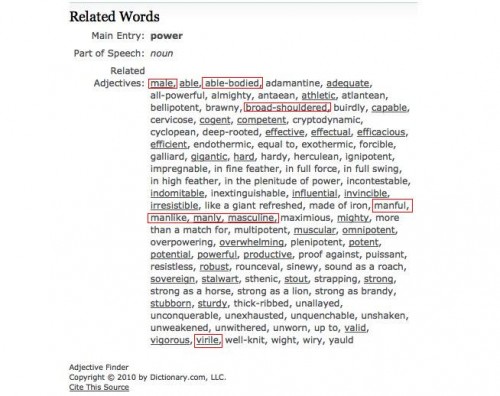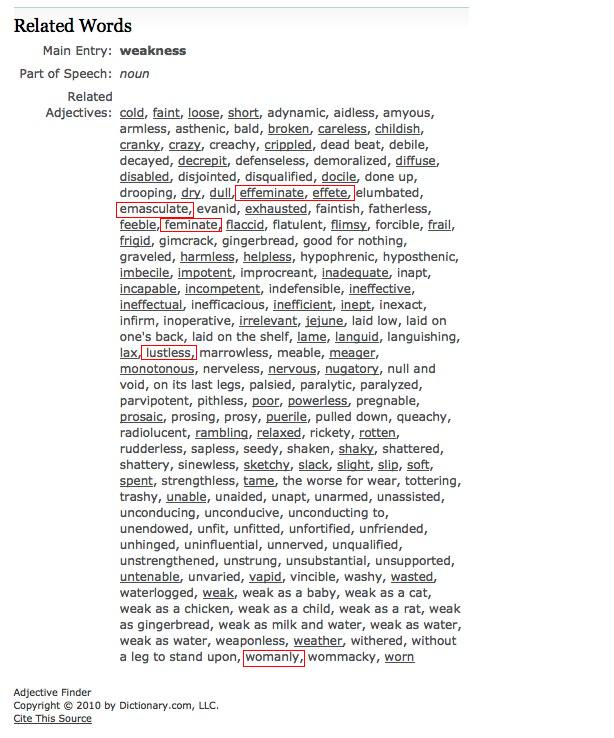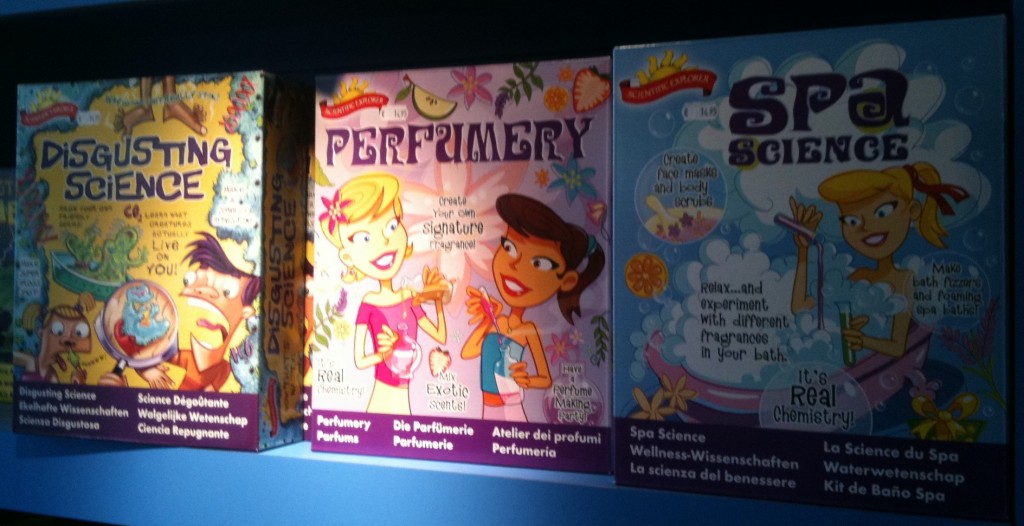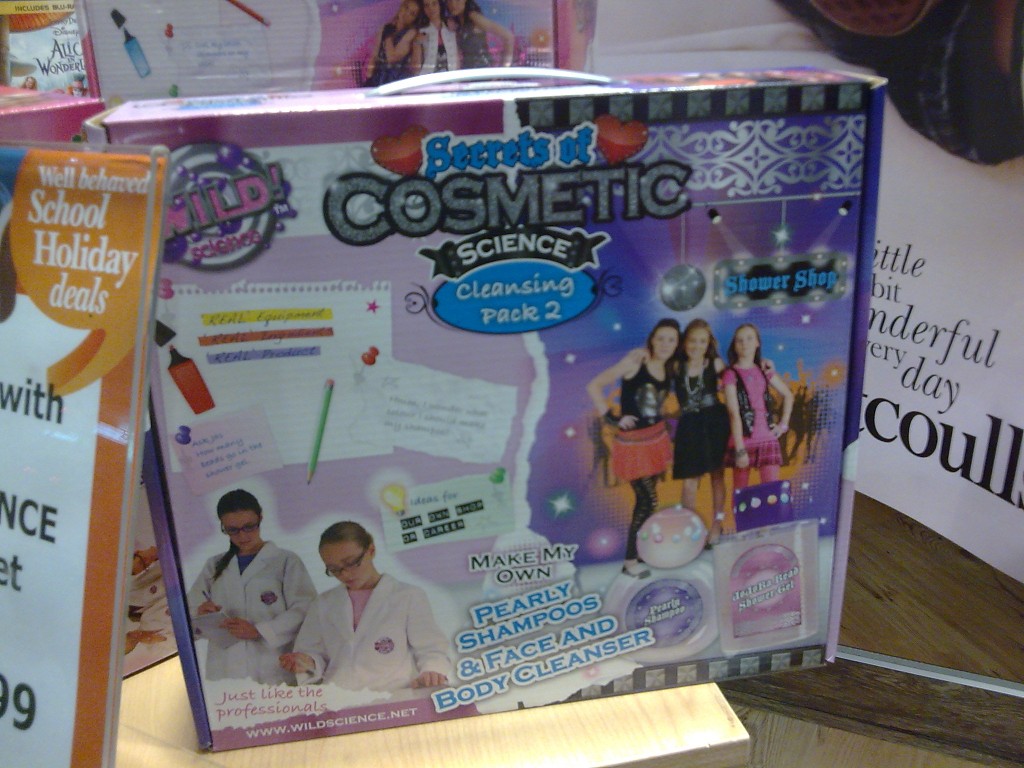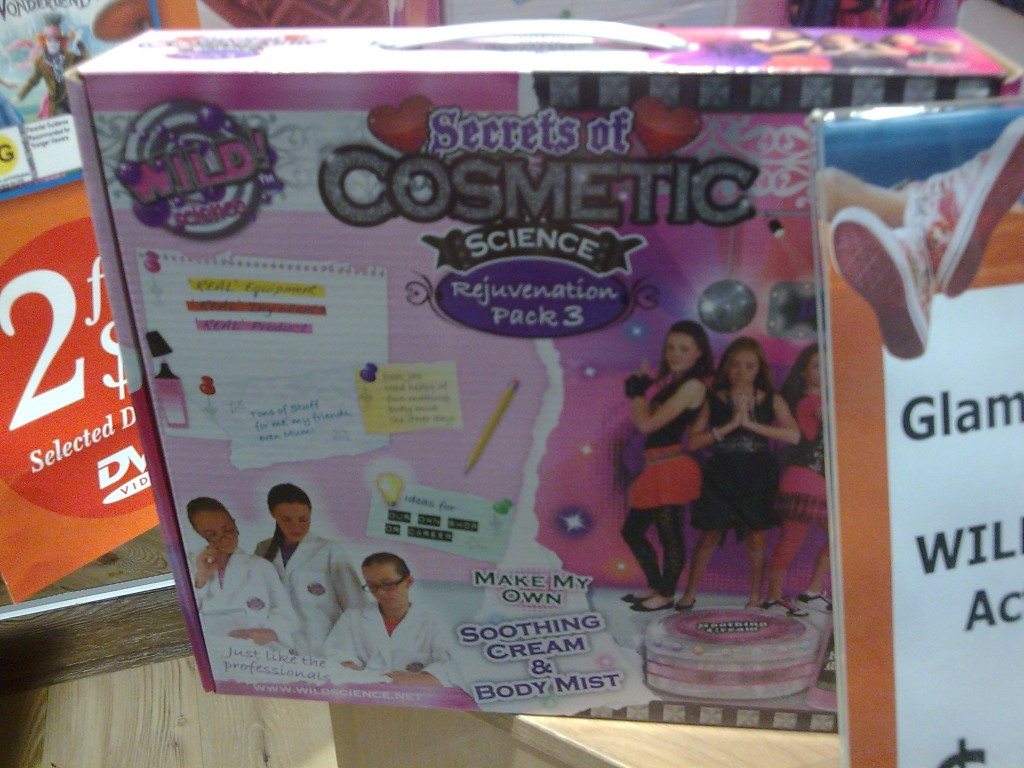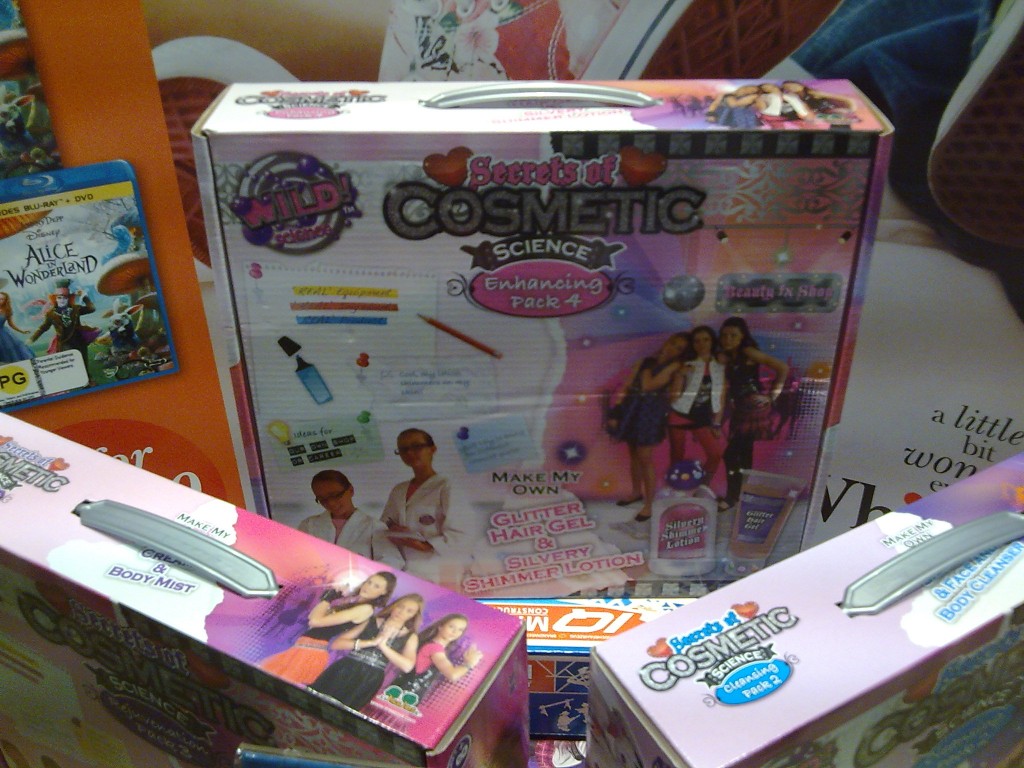I’ve written previously about the portrayal of women in the military — in particular, the U.S. Navy’s attempts to redefine femininity to make the Navy more appealing to women by assuring them they can be strong, smart, and still go shopping and stuff. In another example, a number of former female Israeli Defense Force soldiers posed for Maxim magazine back in 2007. The first line of the article:
They’re drop-dead gorgeous and can take apart an Uzi in seconds. Are the women of the Israeli Defense Forces the world’s sexiest soldiers?
I’m putting the images after the jump because they’re potentially not safe for some workplaces — the women aren’t nude, but they are quite scantily clad.


